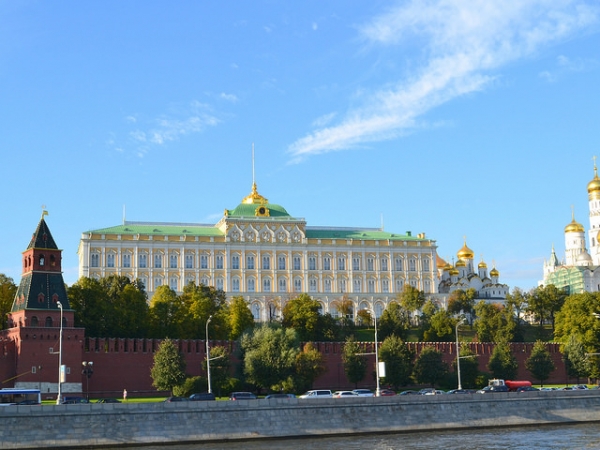
Russia's new legislation to counter terrorism is being seen as extraordinarily restrictive and is expected to have an adverse effect on citizen freedom.
The law increases internet and telecom surveillance, and threatens freedom of expression and speech. It also effectively bans proselytizing outside of government recognized churches.
The legislation is named the "Yarovaya Law" after its author and lawmaker Irina Yarovaya.
Scheduled to be implemented in July 2018, the laws will give broad powers in the hands of the enforcement, which critics fear will be used to censure disagreements and political activism as in the communist era.
The restrictions "will make it easier for Russian authorities to repress religious communities, stifle peaceful dissent, and detain and imprison people," said Thomas J. Reese, Chair of the US Commission on International Religious Freedom.
"Neither these measures nor the currently existing anti-extremism law meet international human rights and religious freedom standards," he added.
The telecom companies will now be required to retain communications of users for the last six months, and metadata up to three years.
According to RBTH, telecom companies will now be required to install expensive equipment to comply with the new regulation, which is estimated to be around $2 billion for big companies such as Ru Group, with complementary annual costs of around $80-$100 million.
The internet service providers will also be asked to disclose all the communications and encryption keys which decode electronic messages to government on request.
"Russia's new counterterrorism law takes Big Brother surveillance to a whole new level," said Cynthia Wong of Human Rights Watch. "No digital communication would be safe from government snooping, no matter how innocuous or unrelated to terrorism."
The other amendments of the law include lowering of criminal responsibility to 14 years, and seven years of prison sentence for promotion of "extremism," which includes internet or media statements.
Religious groups, especially smaller denominations, are going to bear a huge portion of the brunt of the new laws which impose limiting conditions such as banning worshiping and praying in presence of unbelievers, preaching the Gospel in homes, sending emails to friends inviting them to attend church, evangelizing on streets, and talking about faith to a stranger in a bus. If any foreigner attends an unregistered church, he is liable to be deported to his country.
Violators will be required to pay a fine of $780 for individuals, and up to $15,000 for organizations, according to a Religion News Service report.
The mainline Christian denominations such as Russian Orthodox Church, and Roman Catholic Church are allowed a public space in the country without substantial government restrictions, but smaller churches including Protestants have a minuscule presence (1%) in the country.












